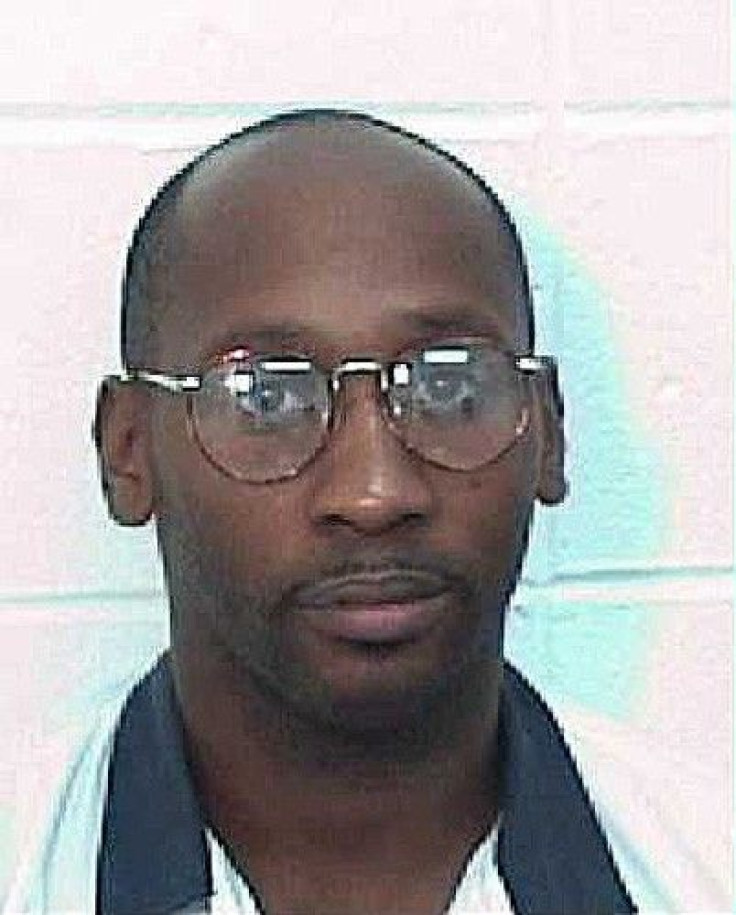Troy Davis Execution: 'Unjust' says Carter, 'Unusual' says Clinton

The execution, or murder as some call it, of Troy Davis that stirred controversies all over the world also appears unjust and outdated in the eyes of former President Jimmy carter, and the process should have slowed down in the eyes of former President Bill Clinton.
Carter hopes that Troy Davis's execution will spur us as a nation toward the total rejection of capital punishment, reports The Associated Press.
If one of our fellow citizens can be executed with so much doubt surrounding his guilt, then the death penalty system in our country is unjust and outdated, said Carter.
Clinton, who attended the annual Clinton Global Initiative Conference in New York, called Davis' case unusual, and did not specify whether he agreed with the execution that was carried out.
In any case where there's any chance that any DNA evidence could change the outcome of the trial -- I think that -- this is just me now -- I think that the appeals process has to be slowed down and organized so that any evidence of innocence can always be presented and then acted upon, Clinton said.
I actually spent some time yesterday on this appeals case, just listening to the news coverage, he continued. The thing I found strange was that even though there were some people who apparently wanted to change their testimony when there was a hearing before the court -- the lawyers for the defendant didn't bring them on to say what they had to say. So it's an unusual case.
Davis, convicted of the slaying of officer Mark MacPhail in 1991, has repeatedly claimed his innocence, until the very last minute of his life.
Seven witnesses recanted their testimony since Davis' conviction, in addition to the lack of physical evidence that added to worldwide appeals claiming Davis' innocence.
Sorry for your loss, but I did not personally kill your son, father and brother. I am innocent, Davis told the officer's family in the death chamber Wednesday night.
Despite his plea, the state of Georgia went ahead and executed the 42-year-old by lethal injection.
Troy Davis' execution has been hailed as a miscarriage of justice and yet another illustration of racial discrimination, marking the latest controversy in the U.S. death penalty debate.
More than 900,000 people have signed petitions urging state and federal authorities to grant Davis clemency. He has received support from Amnesty International and the National Organization for the Advancement of Colored People, as well as from an array of prominent political and religious figures, including former President Jimmy Carter, Pope Benedict XVI, Archbishop Desmond Tutu, the Rev. Al Sharpton and former FBI Director William Sessions.
Davis' execution would be the best argument for abolishing the death penalty, said Laura Moye of Amnesty International.
The refusal today by the Georgia Board of Pardons and Paroles to grant Troy Davis clemency underscores the vast systemic injustices that plague our death penalty system, said Denny LeBoeuf, director of the ACLU Capital Punishment Project.
No innocent person should ever be put to death, and it is unconscionable and unconstitutional to carry out an execution where, as in Troy's case, significant doubts exist. The death penalty system in the United States is arbitrary, discriminatory and comes at an enormous cost to taxpayers, and it must be ended.
© Copyright IBTimes 2024. All rights reserved.











